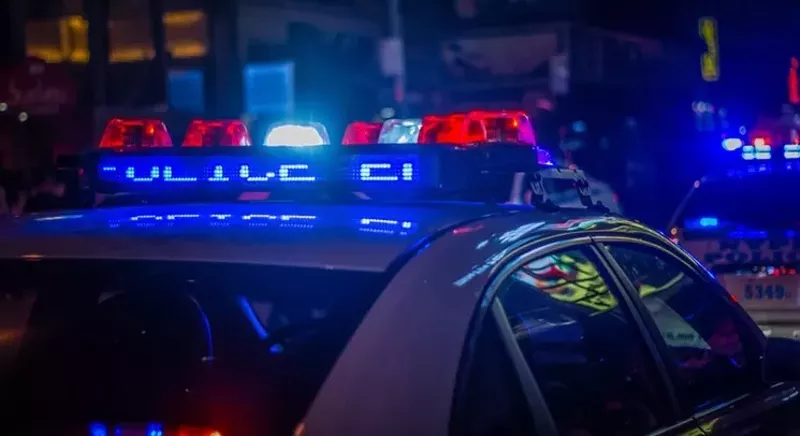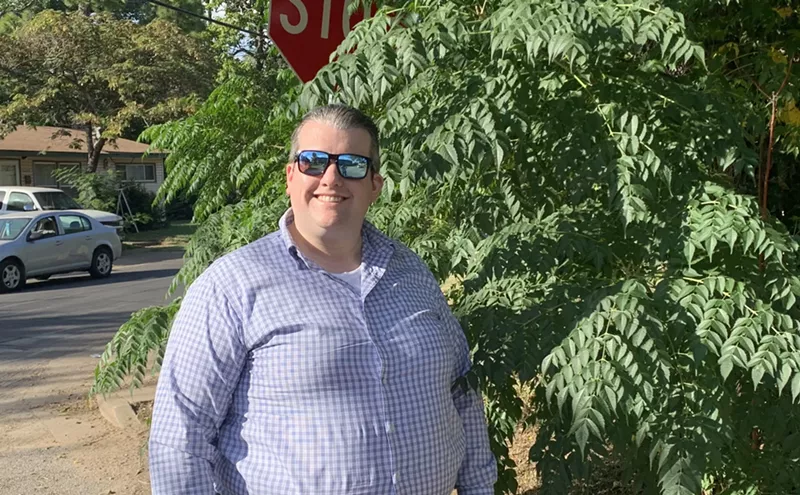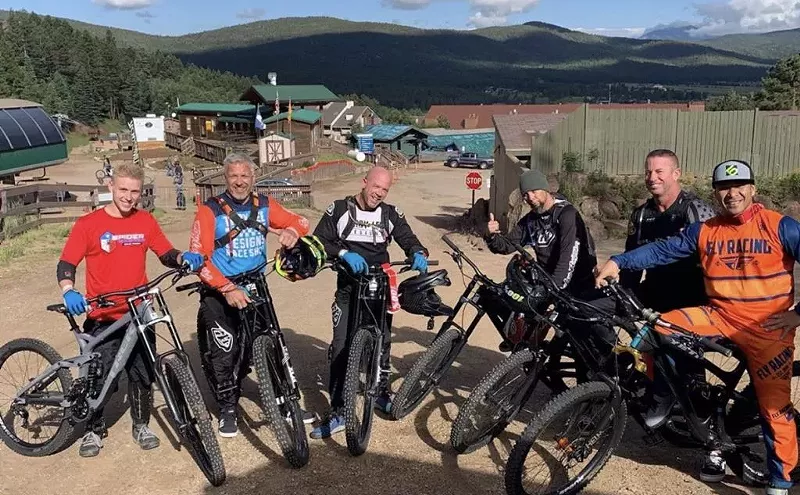Now that ordinance has been ruled unconstitutional.
The ordinance prohibits “manifesting the purpose of engaging in prostitution.” Violating it is a Class C misdemeanor, and people cited under it could be fined up to $500. Someone can be cited if they’re a convicted prostitute "loitering" on a street corner, but anyone who repeatedly beckons to others or tries to engage them in conversation on the street or attempts to stop a vehicle by waving, hailing or using any other bodily gesture could face arrest.
Before an officer can arrest someone, subjects must be given an opportunity to explain themselves, but cops are free to reject the explanation. If the person arrested can demonstrate a lawful reason for their actions in court, they shouldn’t be convicted.
The complaint against Jivani says he was in the 11100 block of Shady Trail, in an area frequented by prostitutes, and stopped to engage passersby in conversation.
Jivani contested his arrest, claiming the city's ordinance was unconstitutionally vague and overbroad and likely to lead to individuals facing arrest for constitutionally protected behavior, such as engaging in conversation on street corners. The trial court judge agreed and in December quashed the case. The state appealed, but on July 25, County Criminal Court of Appeals Judge Kristin Wade affirmed the lower court's decision, tossed out the case and issued a ruling that the ordinance is unconstitutional.
The city did not respond to a request for comment about the ruling.
Gary Krupkin, Jivani’s attorney, told the Observer he works many First Amendment cases, but this is the first time he’s had a client cited under the ordinance.
Jivani has been a client of Krupkin’s for some time now regarding business matters. When Jivani was cited last August, he went to Krupkin because he didn’t know who else to turn to. “I took one look at it and I said, ‘Wow, I can’t believe that Dallas is actually using this ordinance,’” Krupkin said. “I mean, it’s completely violative of the First Amendment.”
Municipal Court Judge Jay Robinson wrote in his decision that a law is too broad if it punishes both constitutionally protected conduct and illegal activity. Wade wrote that the ordinance targets lawful behaviors, such as talking to passersby and waving at cars, and that enforcement is up to officers' discretion, raising the threat of bias. Wade said that parts of Dallas with higher crime rates or lower-income populations could lead to the ordinance being enforced in some parts of town, but not others."Wow, I can’t believe that Dallas is actually using this ordinance." – Gary Krupkin, attorney
tweet this
According to Krupkin, the police body and dash camera video of the stop doesn’t show any type of violation under the ordinance. Instead, the footage shows only Jivani being stopped after the alleged offense.
In body camera footage, Jivani tells officers he was just giving the women money for breakfast, to which one of the officers says, “That’s not a good idea around here.”
Jivani has no criminal record and is a law-abiding citizen, Krupkin said. He thinks this ordinance has been used as a pretext to stop and question people in an attempt to find something else to charge them with and is just too broad.
“Certainly, a person talking to another person on the street, which is innocuous activity — it’s absolutely consistent with innocent activity — can be construed by the police as being something criminal,” Krupkin said. “Let’s say, for example, a woman is trying to hail down a cab or trying to tell her Uber driver where she’s located, well, that innocent activity could be construed by the police as being criminal under this ordinance and they can stop her.” At that point police can question her and perhaps search her. If they find something illegal, the police can make an arrest.
In emails obtained by The Dallas Morning News, police officials said the ordinance won’t be enforced until after discussions with the city attorney’s office.
Krupkin is not sure what the city will do with the ordinance now. He said officials could throw it out or try to rewrite it. He also said the city could choose to appeal the decision and take the case could go all the way to the Supreme Court, but he doesn’t think it will get that far. The city has until the middle of this month to appeal.













